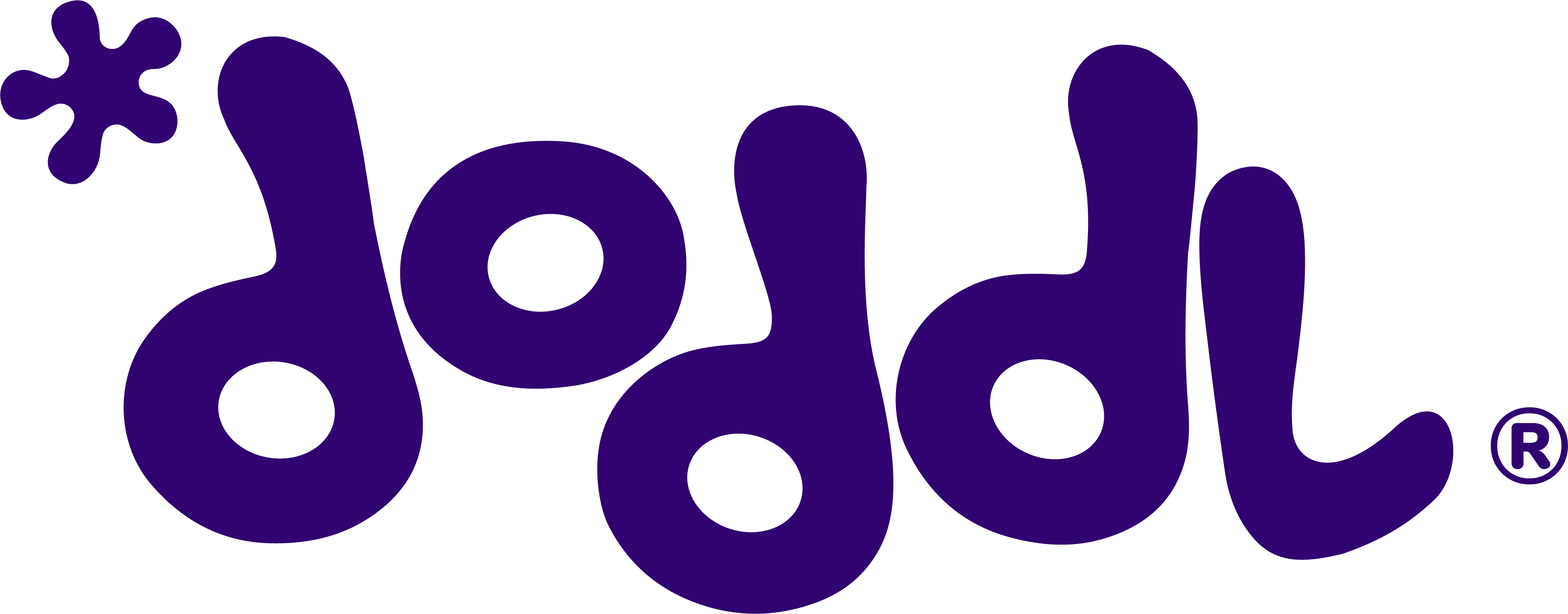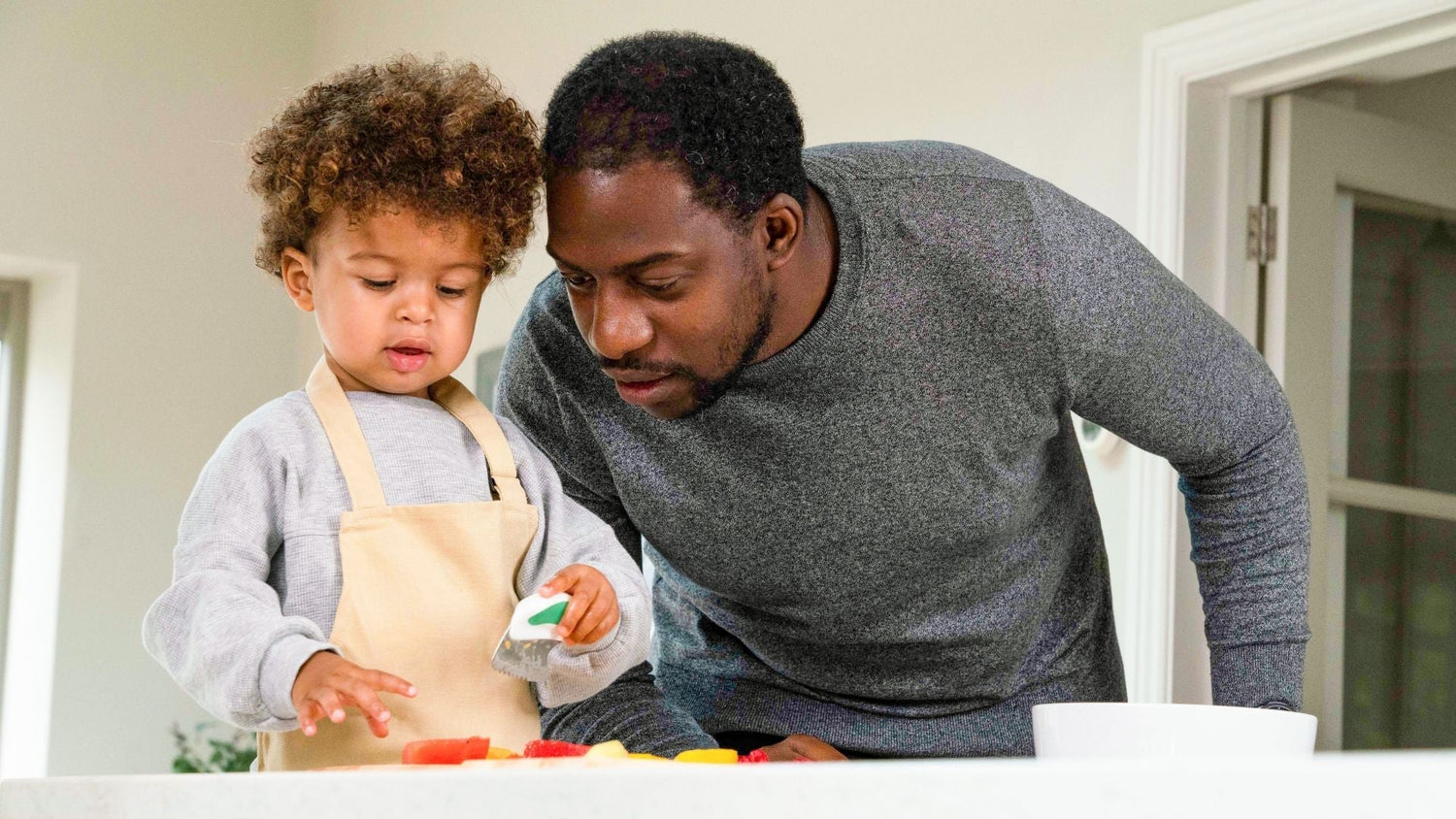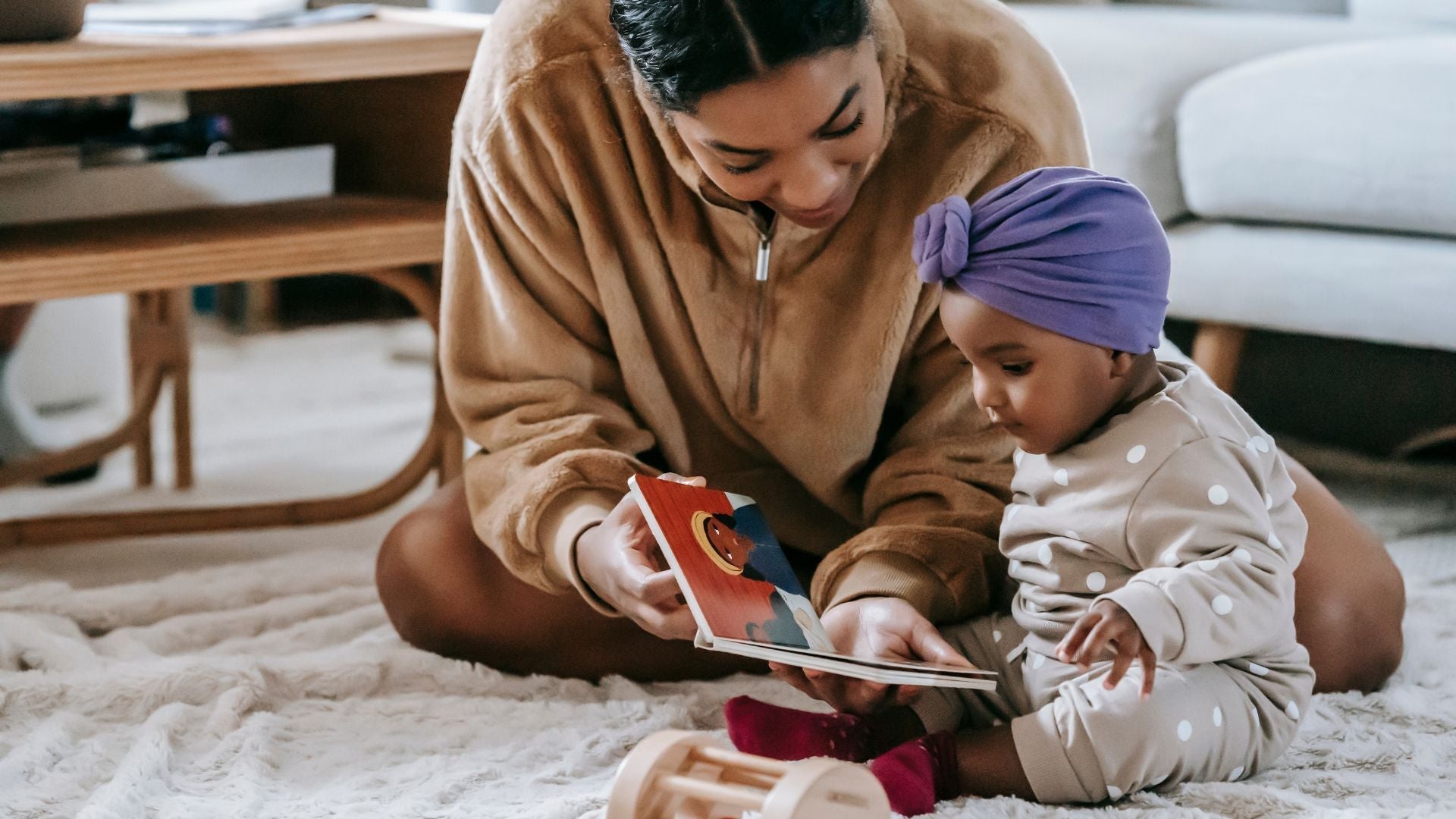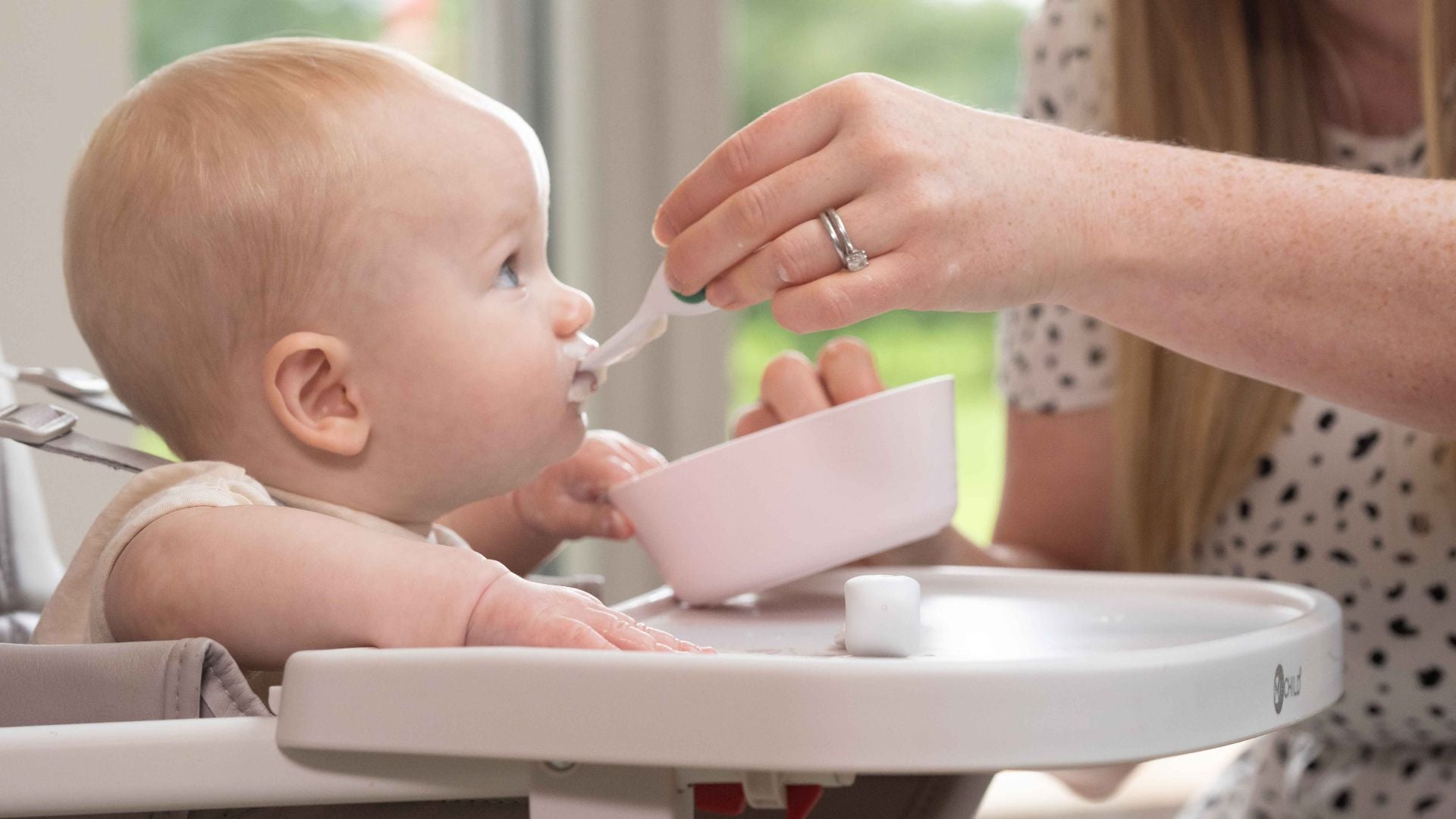Are you ready to become your little one's personal language coach? Before you start picturing yourself in a whistle and tracksuit, don't worry – supporting your toddler's speech development is all about the little things you do every day.
You see, the way you interact with your child during these early years can have a big impact on their language skills, which in turn affects their overall cognitive, emotional, and social development. It's like laying the foundation for a lifetime of great communication!
In this blog post, we'll explore:
- Toddler language milestones and what to expect
- Fun, everyday activities to boost speech development
- Simple communication techniques you can use at home
- Signs that your toddler might need a little extra support
So, put on your coaching hat (or, you know, your favourite comfy jumper) and let's dive in!
Understanding toddler language milestones

First things first: every child develops at their own pace, so don't get too hung up on hitting specific speech milestones by exact ages. That being said, it can be helpful to have a general idea of what to expect as your little one grows:
- 12-18 months: Around this age, most toddlers are saying their first words and understanding simple commands like "no" or "come here."
- 18-24 months: Vocabulary starts to expand rapidly, and you might hear simple two-word phrases like "more milk" or "daddy go."
- 24-36 months: Get ready for a chatty toddler! By this age, most children are putting together short sentences, asking questions, and using basic grammar.
Remember, these are just guidelines – some children might be early talkers, while others take a bit longer to express themselves verbally. The most important thing is to create a supportive, language-rich environment that encourages your child's unique development milestones.
Practical activities to enhance language development

Ready to get those language skills blooming? Here are some fun, easy activities you can incorporate into your daily routine:
Interactive reading
Story time is a fantastic opportunity for language development. Choose age-appropriate books with colourful pictures and engaging stories. As you read, ask your toddler questions about the characters or events, and encourage them to point out objects or repeat key words.
Daily conversations
Who needs a fancy language curriculum when you have everyday life? Make a habit of narrating your daily activities, using simple, clear language. For example, as you're getting your toddler dressed, you might say, "Let's put on your blue shirt and your soft, fuzzy socks." These conversations help your child associate words with objects and actions.
Singing and rhyming
Kids love songs and nursery rhymes, and for good reason – they're fantastic for language development! Singing helps toddlers learn new vocabulary, understand rhythm and rhyme, and even grasp basic maths concepts. Plus, it's a great way to bond and have fun together.
Play-based learning
Playtime is serious business when it comes to language skills – and it's also crucial for your child's social development. Encourage imaginative play with dolls, puppets, or dress-up clothes, and model conversations between characters. This type of play helps toddlers understand social roles, practice turn-taking, and develop empathy.
Provide plenty of opportunities for hands-on learning with blocks, puzzles, and other educational toys that promote problem-solving and communication. As your child plays with others, they'll learn valuable skills like sharing, cooperation, and conflict resolution.
Effective communication techniques for parents and caregivers

In addition to specific activities, the way you communicate with your toddler throughout the day can have a big impact on their language development. Here are some simple techniques to keep in mind:
Importance of active listening
When your toddler makes an effort to communicate, whether through words, gestures, or babbling, give them your full attention. Make eye contact, show interest, and respond to their messages, even if you don't always understand them. This encourages them to keep expressing themselves and builds their confidence.
Language expansion
One easy way to help your toddler's language skills grow is by expanding on what they say. For example, if they point to a ball and say "ball," you can respond with, "Yes, that's a big, bouncy red ball!" This helps them learn new descriptive words and concepts.
Encouraging expression
Create a safe, nurturing environment where your toddler feels comfortable expressing themselves. Praise their efforts to communicate, even if their words aren't perfect. Avoid correcting or criticising their speech, as this can discourage them from trying.
Signs your toddler may need extra support
While every child develops at their own pace, there are some signs that your toddler might benefit from additional support. If you notice any of the following, it's a good idea to chat with your GP or a speech therapist:
- Not responding to their name by 12 months
- Not using gestures like waving or pointing by 12 months
- Not saying any words by 15 months
- Not putting two words together by 24 months
- Struggling to understand simple instructions by 24 months
Remember, early intervention is key, so don't hesitate to reach out if you have concerns. Your child's healthcare team is there to support you both!
Nurturing your little language learner

Supporting your toddler's language development is an ongoing adventure, full of silly songs, fascinating conversations, and the occasional bit of frustration (on both ends!). But with a little patience, creativity, and a whole lot of love, you'll be amazed at how quickly your little one's skills blossom.
And hey, if you're looking for more ways to boost your toddler's confidence and independence, check out our toddler cutlery. Our ergonomic designs make self-feeding a breeze, giving your child one more way to express themselves (and giving you one less thing to worry about at mealtimes!).
Keep up the fantastic work, language coach – your toddler is lucky to have you on their team!




Hinterlasse einen Kommentar
Diese Website ist durch hCaptcha geschützt und es gelten die allgemeinen Geschäftsbedingungen und Datenschutzbestimmungen von hCaptcha.